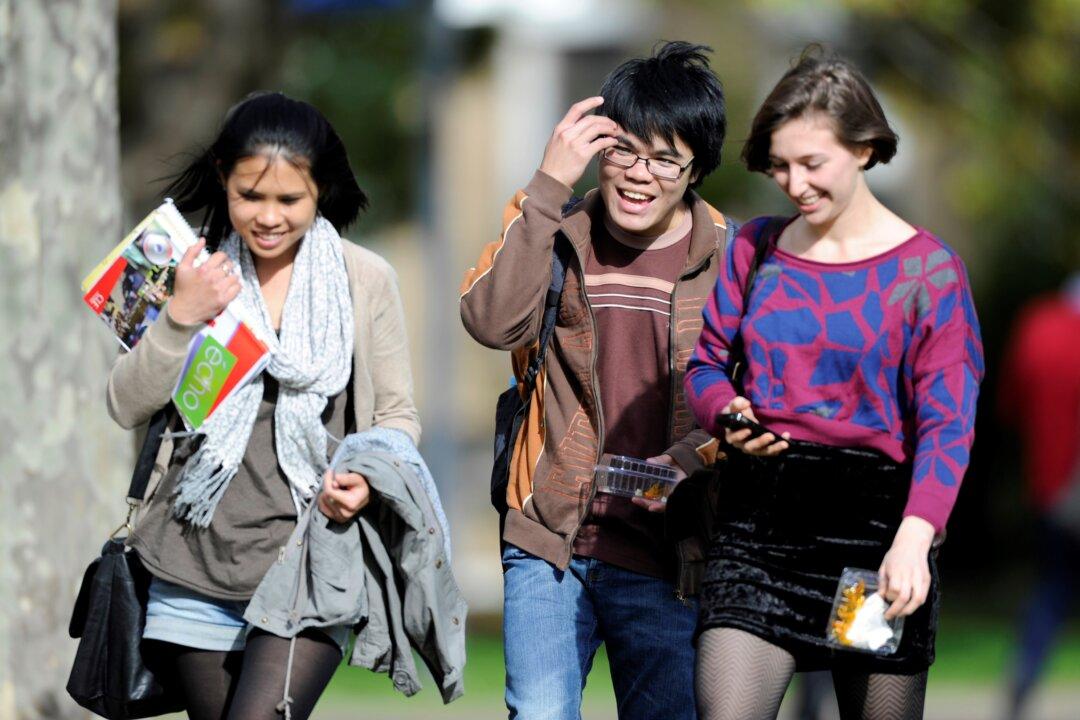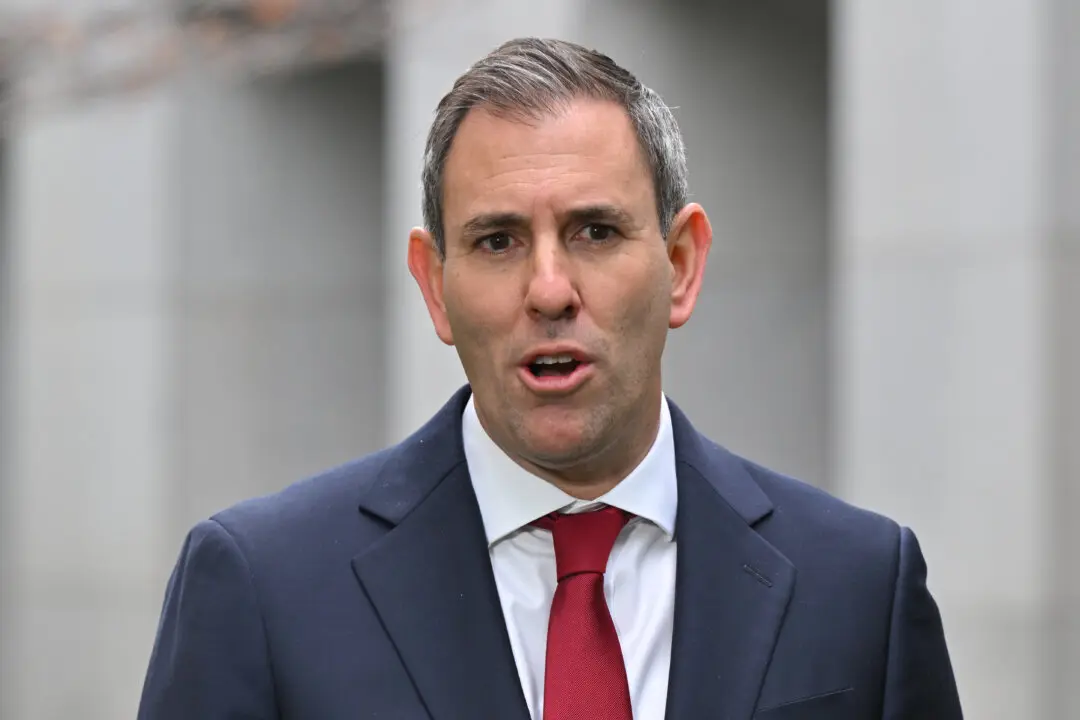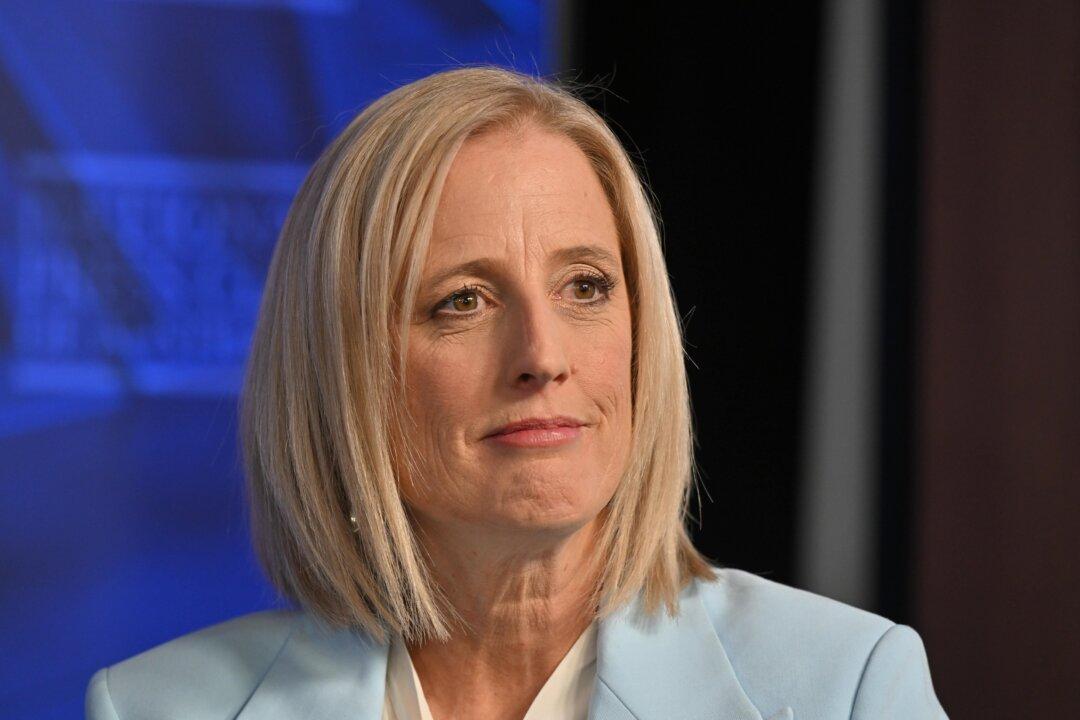Home Affairs Minister Tony Burke has issued a new ministerial direction to limit international student numbers after a previous direction was deemed unfair for regional universities.
The move is part of the government’s attempts to stem immigration into the country after a proposed cap on students failed to pass the Senate in November.





